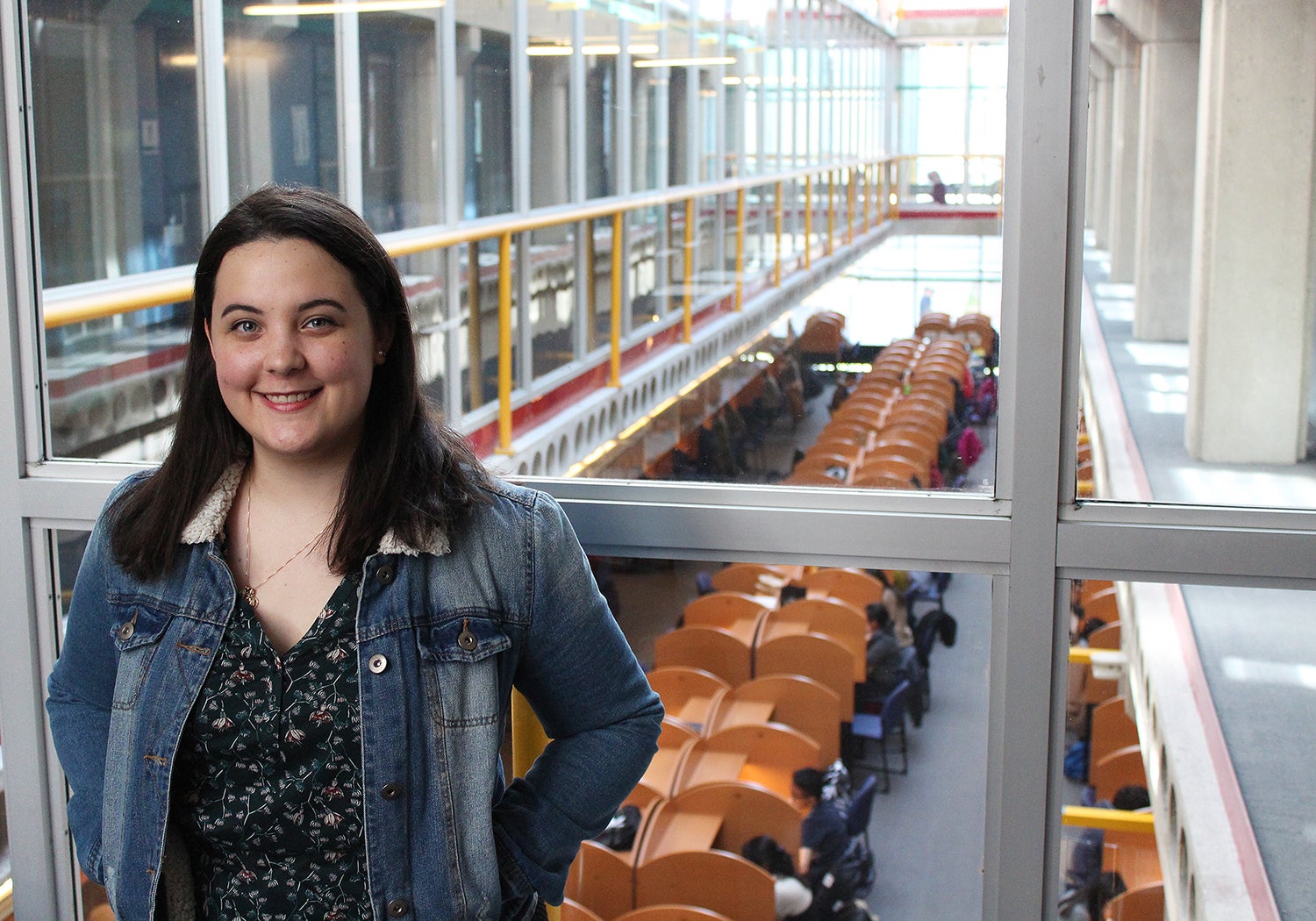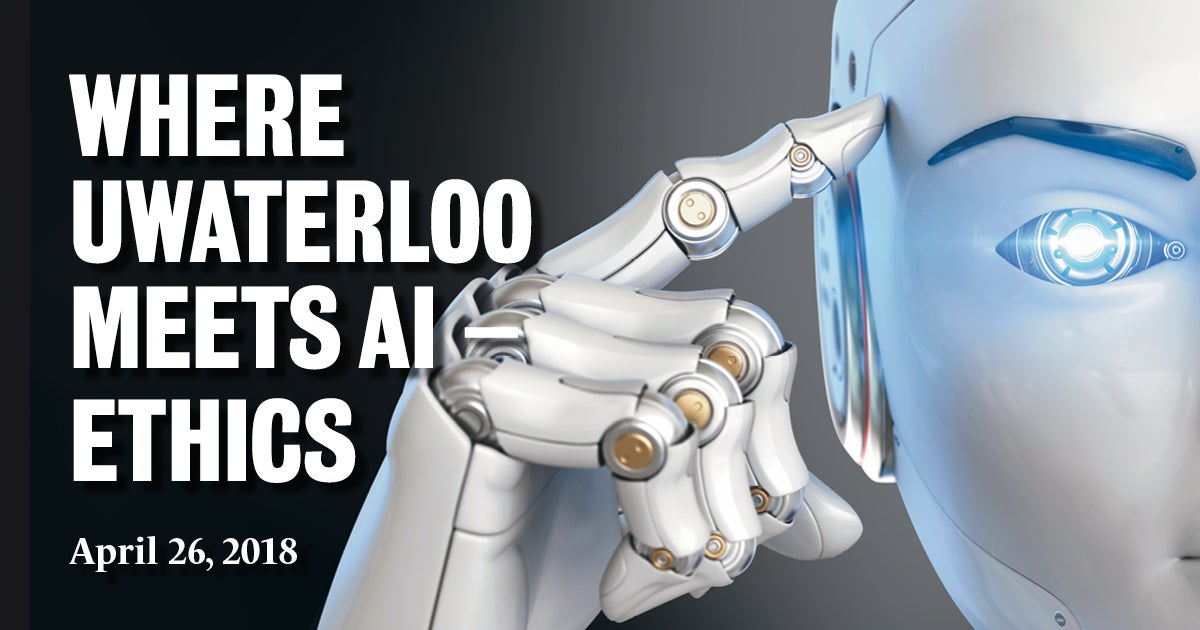Written by Leah Govia (BA '16)
Why study ‘the human’ in artificial intelligence?
Artificial intelligence (AI) has become a media buzzword generating both hope and fear. It has garnered the interest of the general public and drawn the attention of both techno-optimists and dystopic alarmists alike. As it continues to enter into our everyday lives — sometimes in ways we least expect — it has also brought with it questions; questions about its applications and designs, on what defines intelligence and in some cases, on what it means to be human.
It is along this last sentiment that my research was based. Pursuing my MA in Public Issues Anthropology, over the 16-month program at UWaterloo I studied how human sociality (i.e. our social, cultural, and ethical features) is inherently present in the everyday practices and management of AI research and technology.

As both my undergraduate and graduate studies were completed at UWaterloo, it was quite fitting that the University would become a major field site for my thesis project.
The University of Waterloo is particularly influential in AI research through the Waterloo AI Institute and the Artificial Intelligence Group. Their researchers have been recognized both locally and internationally for work in areas such as deep learning, autonomous driving, and human-machine interaction.
I was lucky enough to speak with some of the experts associated with these research initiatives, learning about their attitudes and experiences in AI-related spaces. In doing so I aimed to better understand how sociality interacts with technical aspects of artificial intelligence. Through my analysis I learnt that the social, cultural, ethical and technical intertwine and interact more thoroughly than typically thought. In other words, the technical side of AI is very much social too, as an aspect of our human sociality. This also suggests that the connections between technical, social or ethical must become even more important to discussions on the implications AI has for our lives.
Studying AI as an anthropologist has now become a no-brainer, it seems.
As my time at UWaterloo has taught me, artificial intelligence is more than the attention-grabbing technologies and stories of robots, big data and black-boxed algorithms. It is also every part of its human counterparts — the ‘human’ has always been a part of its research and technologies. Thus, with potential uses across domains such as healthcare, labour and transportation, AI’s capacity to impact human lives is widely apparent.
How we handle its social and ethical implications is also widely important.
If you would like to hear more about this topic, please join us at the event happening this month, Where UWaterloo Meets AI – Ethics. Hope to see you there!
